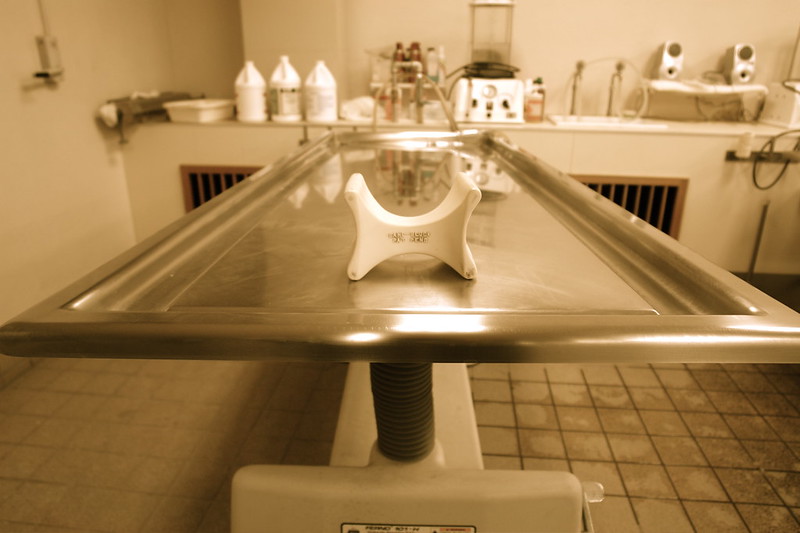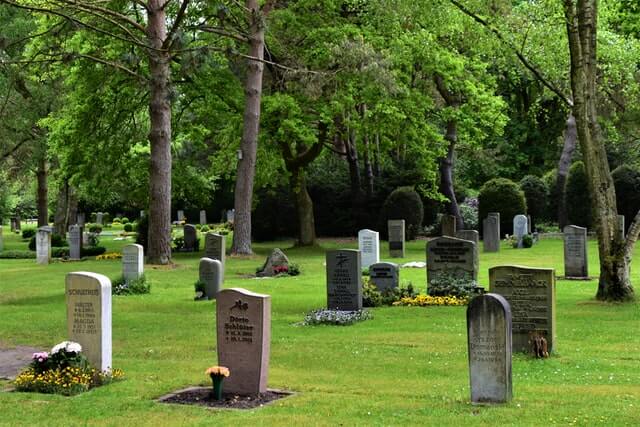- CALL NOW 1-570-742-4561 | AVAILABLE 24/7 Send Flowers

Make the Funeral Meaningful for Your Veteran
August 2, 2021
Tips for Making Arrangements Ahead of Time
June 19, 2023What do you know about embalming? What is it, really? Embalming is preserving human remains to slow decomposition, generally performed to make the body presentable for a service at a funeral home in Lewisburg, PA. Embalming is also often used to keep bodies preserved for medical purposes in anatomical laboratories or schools.
Here are the answers to some of the most commonly asked questions about embalming if you’d like to learn more:
- How long does an embalmed body last? Embalming does not stop decomposition; it just slows it down. Though the rate of decomposition varies depending on temperature, moisture levels, and other variables, an embalmed body will last inside a casket for many years. However, the goal of embalming is to make the body look as good as possible for the funeral, usually about a week after the process. If you plan on having an open-casket funeral, you should not leave the embalmed body out for more than a week.
- Do bodies have to be embalmed? Though it’s quite common, embalming is rarely necessary. It is not required when the body is cremated, though most funeral homes do require embalming for viewings or open-casket funeral services.
 Do you have to embalm the body for an open-casket funeral? Most states do not have laws that require embalming before a public viewing or an open-casket funeral, though most funeral homes will not allow viewing if the body is not embalmed.
Do you have to embalm the body for an open-casket funeral? Most states do not have laws that require embalming before a public viewing or an open-casket funeral, though most funeral homes will not allow viewing if the body is not embalmed.- How long does embalming take? The entire embalming process takes an average of two hours, but it can take longer if the deceased was in an accident or had an autopsy, as this requires additional steps to make the body presentable for a service.
- Can you cremate an embalmed body? Yes! Embalming does not impact the cremation process.
- Are organs removed during embalming? The organs are left inside the body cavity during the embalming process. However, the embalmer does drain all of the blood from the body and replaces it with embalming fluid. They then flush the blood and other waste down a drain and into the sewage system, at which point it goes through the local wastewater treatment process.
- What are your options for the internment of an embalmed body? Once a body is embalmed, you can bury it or cremate it as you prefer. You cannot, however, bury it with a natural burial because the embalming chemicals could leak into the ground and harm the environment.
- What happens if a body is not embalmed? Bodies that are not embalmed will decompose at their normal rate, depending on the cause of death, weight of the deceased, temperature, moisture levels, and other factors. If the body is not embalmed, you will need to hold the service, burial, or cremation as soon as possible after the death.
Do you have more questions about embalming or Lewisburg, PA funeral homes? We are here to help in any way we can during your time of loss. Call or visit us today for more information on our services.



